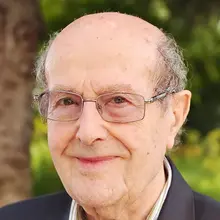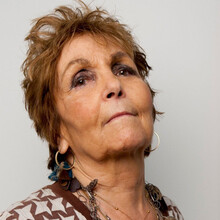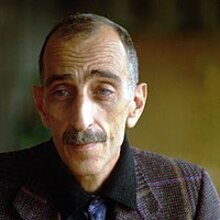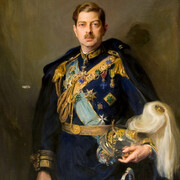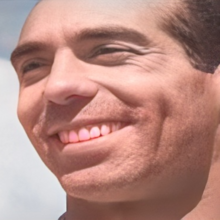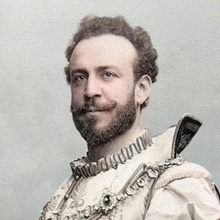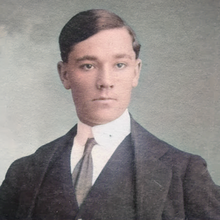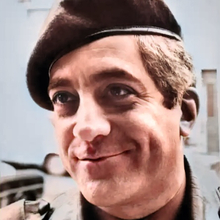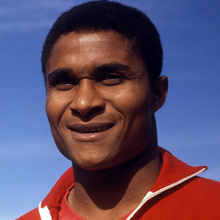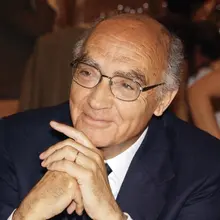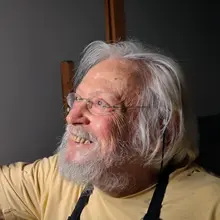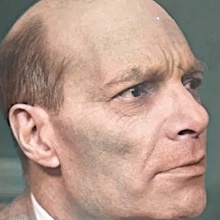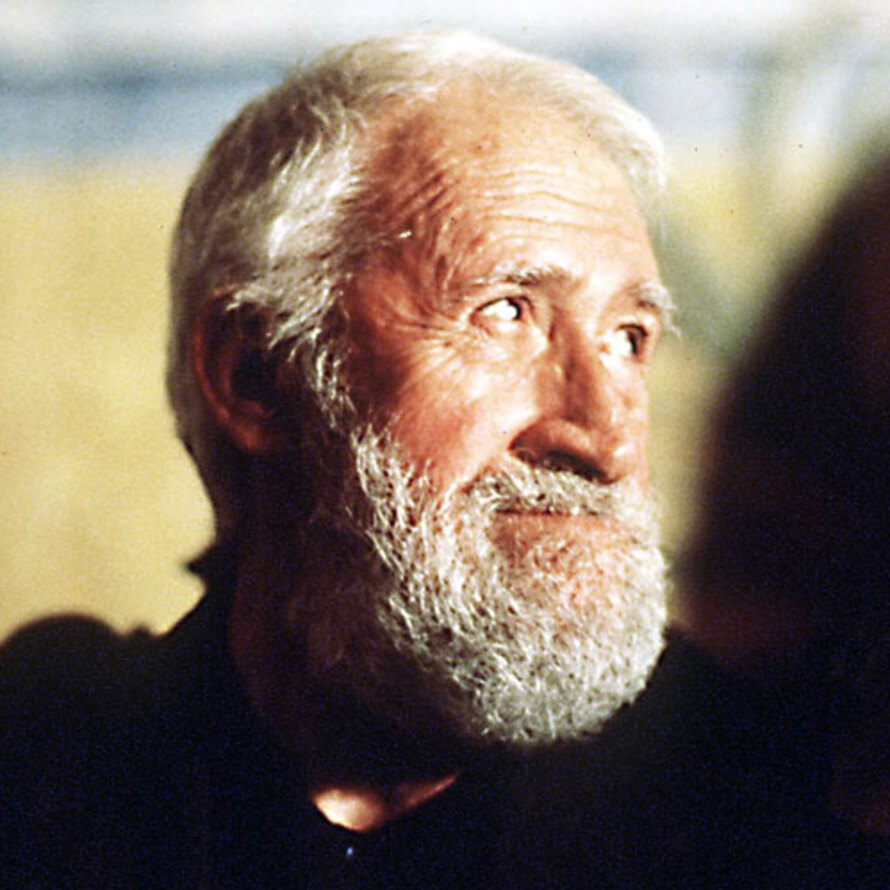
Personal
Other names:
Job / Known for:
philosopher, essayist and writer
Left traces:
Seven Letters to a Young Philosopher and etc
Born
Date:
1906-02-13
Location:
PT
porto
Died
Date:
1994-04-03 (aged 88)
Resting place:
PT
Death Cause:
stroke and pneumonia
Family
Spouse:
Berta David e Silva
Children:
Pedro Agostinho and Maria Gabriela Agostinho da Silva Rodrigues
Parent(s):
his father's name : Francisco José Agostinho da Silva, and his mother's name : Georgina do Carmo Baptista da Silva
QR Code:
 My QR code:
George Agostinho Baptista da Silva
https://DearGone.com/10918
My QR code:
George Agostinho Baptista da Silva
https://DearGone.com/10918
Key Ownner:
Not yet supported by key owner
Show More
Rank
Users ranking to :
Thanks, you rate star
Ranking
4.5
2
Fullname
George Agostinho Baptista da Silva
Fullname NoEnglish
ɐɣuʃˈtiɲu ðɐ ˈsilvɐ
Slogan
I am not interested in being original. I am interested in being true
About me / Bio:
Show More
Article for George Agostinho Baptista da Silva
Died profile like George Agostinho Baptista da Silva
Comments:
